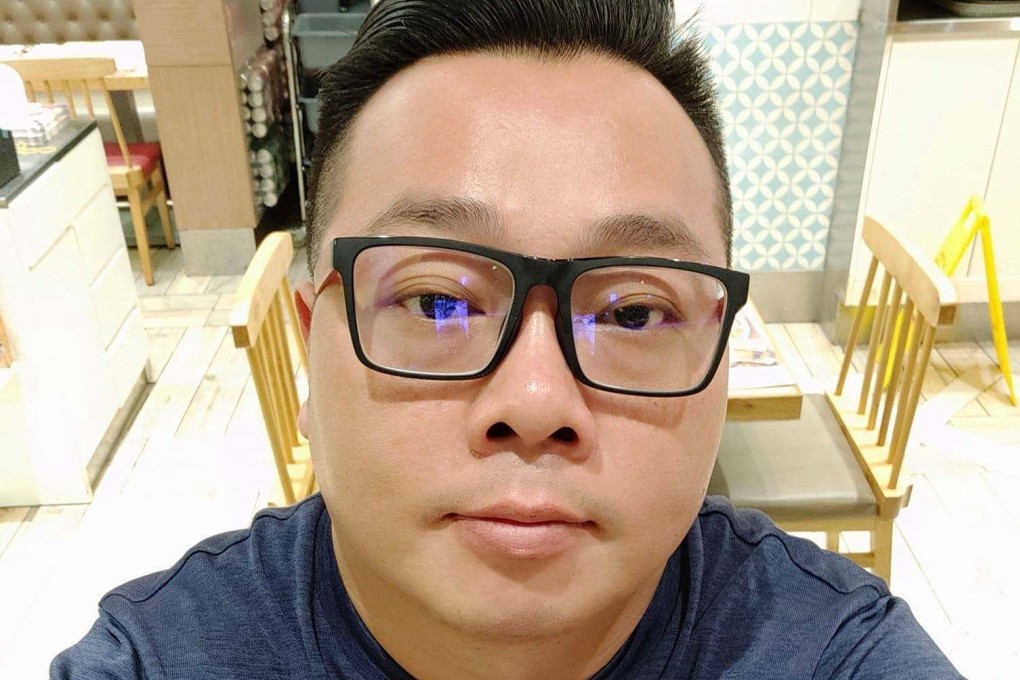Singapore releases foreign agent Dickson Yeo, says spying threat ‘neutralised’
- The former NUS PhD student was detained last December for acting as a paid foreign agent for China, and was also jailed in the US for spying
- The Internal Security Department said while his dealings were ‘clandestine’, he did not obtain classified information about Singapore, and is not a security threat

The Internal Security Department (ISD) said it had concluded investigations into the activities of Yeo and while it found his dealings with Chinese intelligence to be “clandestine” in nature, it also found that he did not manage to obtain and pass on classified information about Singapore to his foreign handlers.
“The threat that Yeo poses as a foreign agent is assessed to be effectively neutralised. As such, he does not pose a security threat that warrants continued detention,” it said.
The ISD added that Yeo has been released on a suspension direction – a ministerial direction to suspend the operation of an existing order of detention. The minister of home affairs however may revoke the direction and the individual will be re-detained if he does not comply with conditions stipulated.
Yeo, who was a doctoral degree candidate at the National University of Singapore’s Lee Kuan Yew School of Public Policy, was first approached by his foreign handlers in 2015 through an online professional networking site.